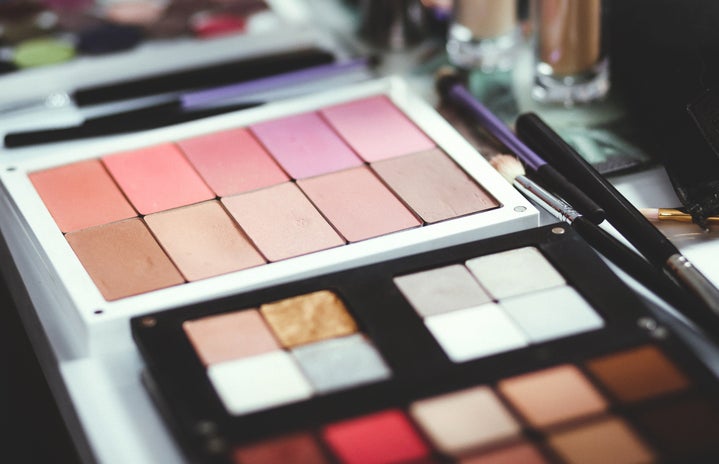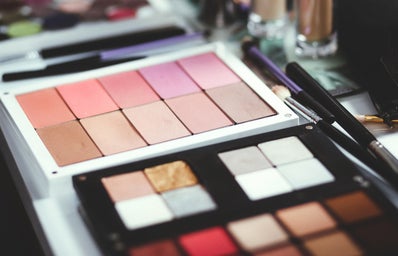When I was 9 years old, I was bruising my knees by playing with my friend in the backyard, climbing trees, and building treehouses. I remember standing under my best friend’s window shouting her name to make her come out. I remember being grounded and contemplating my life choices when I could not go to a sleepover, or a birthday party. I remember learning from my mistakes and from living life to its fullest.
Now, I am 19. My youngest sister just turned 9 and I am scared for the future of their generation. She now has a YouTube channel where she frequently posts makeup tutorials, forcing our parents to spend more and more money to provide her with beauty supplies. Scrolling through my Instagram or Facebook, I see more and more kids from ages 9 to 11 who are avid makeup gurus and cannot wait to share their knowledge with the world.
When I think of the word “childhood” I don’t see mediocre makeup gurus – I see treehouses, bruised knees, and starry nights.
The long-term consequences of such hobby can result in various behavioral and physical changes. Although makeup nowadays is generally safe, the whole concept of putting chemicals on a young face should be worrisome to their parents. Moreover, the addiction to buying new and cooler brands for every video proves to be expensive and dangerous for behavioral changes. Going through teenage hormonal change, young kids are highly influenced by the opinion of others and their image within a social circle. The level of peer pressure and competition at this young age can lead to bullying, which could ultimately lead to anxiety and even depression.
“What if they get popular? What if they are very successful?” – These common questions, often asked by parents, are nothing more than rationalizing the decision of allowing their offspring access to such activity. Even if they are successful and raise a strong group of followers, at such young age, it can lead to uncontrolled cyber addiction. Furthermore, the feeling of having an active support group can also result in the boost of ego and rise of arrogance. Then, next thing you know, the phrase “who are you to tell me what to do” will be more common at home than pancakes on Sunday morning.
In the end, it comes down to realizing that the fine line between letting a child express themselves and not being able to say “No” has been erased in the Gen Z. When I think of the word “childhood” I don’t see mediocre makeup gurus – I see treehouses, bruised knees, and starry nights. And this is the way it should be.


